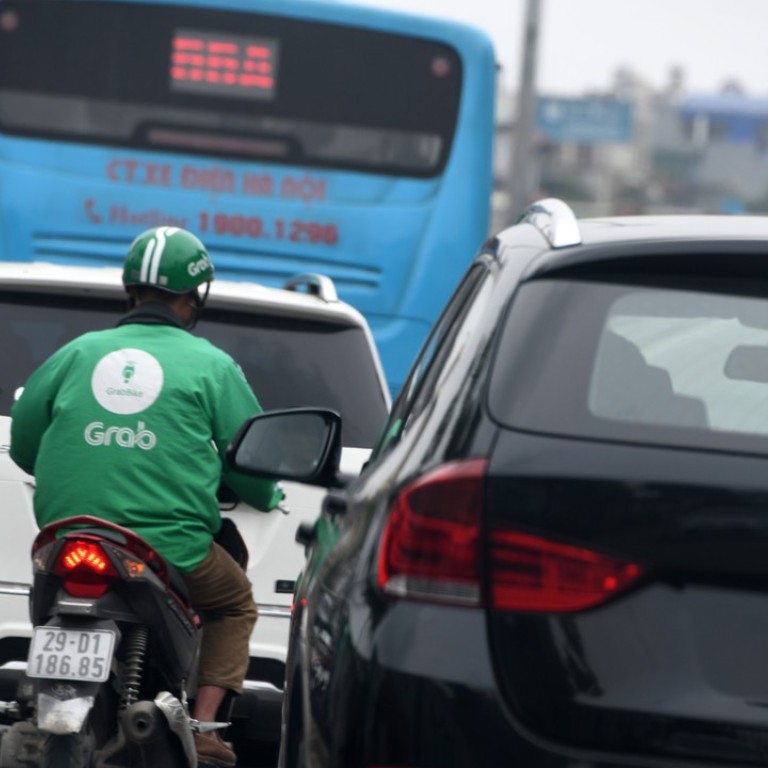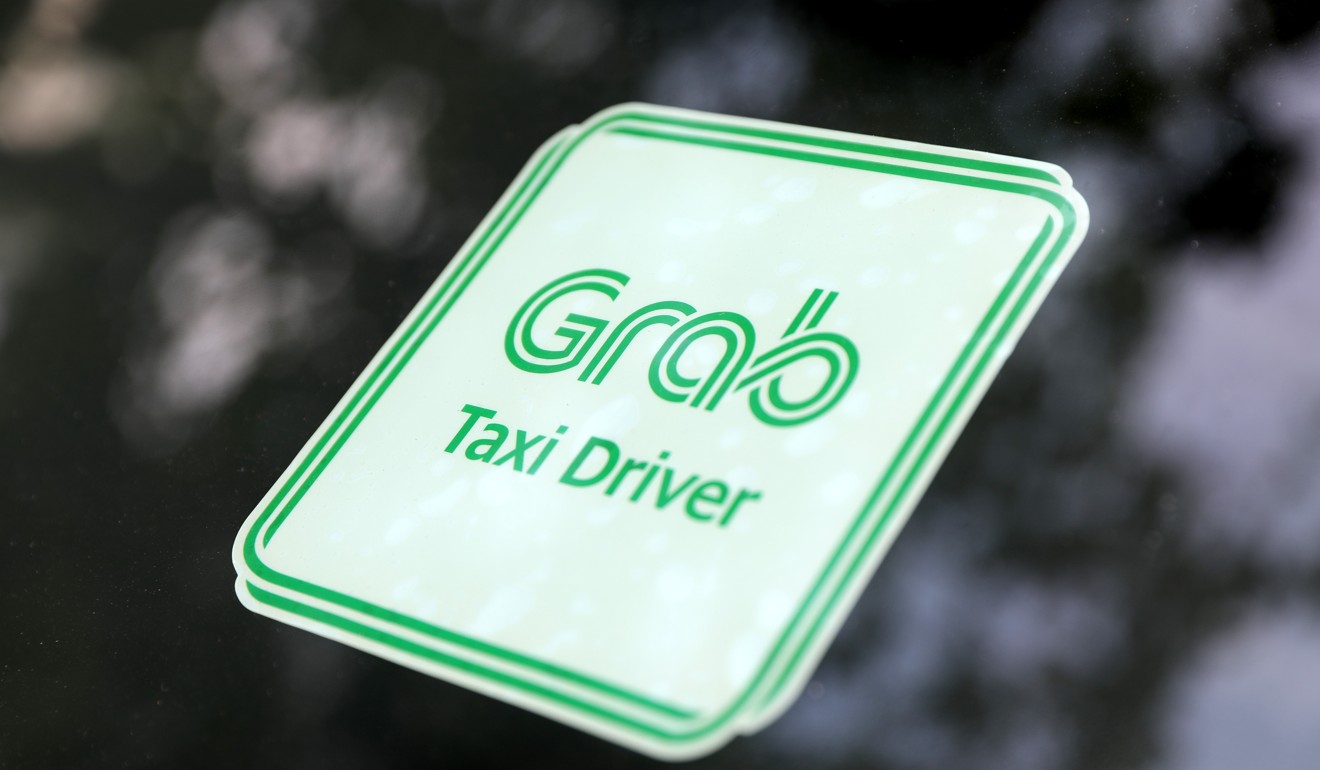
Southeast Asia ride-hailing app Grab expands into services in quest to be ‘everyday app’
Grab, the ride-hailing app that recently took over Uber’s Southeast Asian operations, on Monday started offering food delivery services in Singapore as it looks to become an “everyday app” in the region.
The company’s GrabFood app replaces Uber’s now-defunct Uber Eats, which was shut down on Sunday as Grab took over Uber’s operations. Thousands of merchants in Singapore have signed up to be on its platform, Grab said. Before the end of June GrabFood will also be available in Indonesia, Thailand, Vietnam, Malaysia and the Philippines.
The food delivery service is the latest in a growing list of offerings from Grab, as it looks to build an ecosystem of services including payments, food delivery and transport to emerge the dominant mobility player in Southeast Asia.
Grab currently operates its own GrabPay payments service, which allows customers to pay for rides and even purchases at retail partners, in return for reward points as it seeks to increase user stickiness in ride-hailing and mobile payments.
“As we build out an everyday app that offers transport, food and package delivery and mobile payments, Grab is focused on creating a seamless experience and unlocking value for our customers by offering complementary services on one platform,” Lim Kell Jay, head of Grab Singapore, said in a statement.
“You can plan and book your entire journey across different transport modes in one tap, shop and receive discounts on-the-go, and have your favourite foods and shopping delivered right to your doorstep – all enabled by one mobile wallet, within one everyday app.”
Grab’s ecosystem model bears a resemblance to China’s dominant ride-hailing firm Didi Chuxing, which is also a strategic partner of the firm. Didi recently made a move into China’s highly competitive food delivery space, while food-delivery firm Meituan Dianping this year launched its own ride-hailing service, reigniting a ride-hailing war that was thought to have ended when Didi acquired Uber’s Chinese operations in 2016.
Building a well-rounded ecosystem of services allows companies like Didi, Meituan Dianping and Grab to obtain troves of valuable user data that can be used for targeted advertising or understanding users’ needs, to offer better services. Offering a variety of services that are part of everyday life also makes the platform more sticky, ensuring that users remain active while also serving as a higher barrier of entry for potential competitors.

Unlike China, where mobile payments are dominated by Alibaba-backed Alipay as well as Tencent’s WeChat Pay, the Southeast Asia region’s mobile payments landscape is fragmented and lacks a dominant player.
Grab launched its GrabPay wallet service in November 2017, about a year after it rolled out a stored-value credits service of the same name. GrabPay now offers peer-to-peer fund transfers between users and is accepted at thousands of offline merchants in Singapore and soon, Malaysia.
Currently, the company competes head to head with Indonesian ride-sharing firm Go-Jek, which announced last week that it will spend US$500 million to enter the ride-hailing business in Singapore, Vietnam, Thailand and the Philippines. Go-Jek also operates its own Go-Pay payments system in Indonesia.
Alibaba is the parent company of the South China Morning Post.

